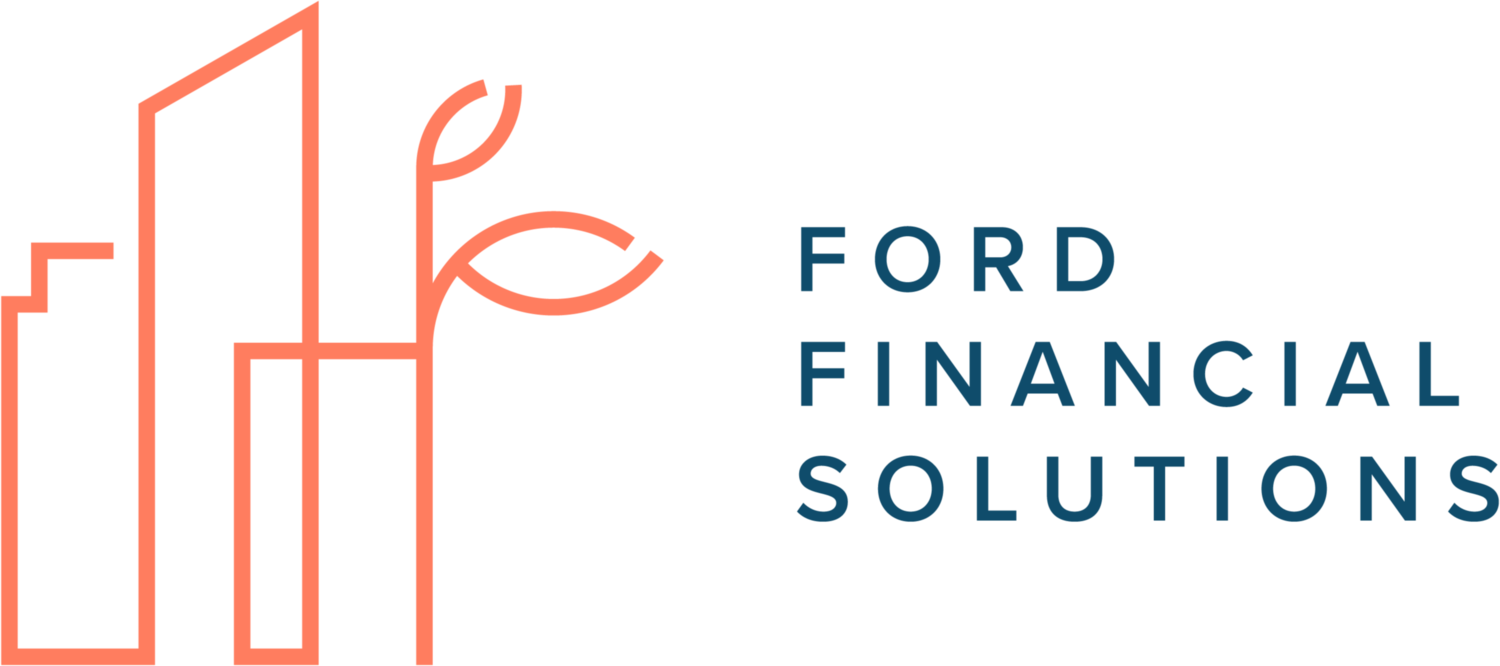This article originally appeared in our monthly newsletter, Fiscal Therapy.
Please subscribe if you'd like to receive similar articles on a monthly basis.
WHAT I'M THINKING ABOUT: Habits & millionaires
Bill Gates reads 50 books a year. Warren Buffett reads 500 pages a day. Unsurprisingly, studies show a correlation between voracious reading and success.
While I’m not quite at the pace of Gates or Buffett (though listening to audiobooks at 2x certainly helps), this year I did read about a dozen books on personal finance and healthy habits. Two stand out as must-reads for just about everyone, regardless of season of life or level of income, to transform the way you view, use and enjoy your wealth.
Book #1: The Millionaire Next Door
By Thomas J. Stanley, Ph.D. and William D. Danko, Ph.D.
Don’t let the title or cover image fool you: this is not a book about investment strategies to obtain a life of riches and luxury. Rather, this book relies on extensive research to explore the habits of those who have successfully built and maintained wealth. Spoiler alert: These are not names and faces you’re familiar with on TV, but rather the average unassuming couple living next door to you living a modest lifestyle and driving a used car.
The book highlights several of my favorite habits, which should be familiar to any frequent reader of my blog.
- Live below your means--preach!
- Avoiding using wealth to show social status and match the social status of others.
- Don’t rely on support from parents or on future inheritance.
- Do not provide “economic outpatient care” to adult children. (The rationale is not your own financial security, but how this practice enables and ultimately harms your adult children. This section is fascinating and well worth the read for any parent, especially those looking to leave a large inheritance to children.)
My main takeaway is that, with the right financial habits, nearly anyone can take the little they have and grow it into a meaningful amount to fuel the life they want to live. Most wealthy people did not get there from inheritance or luck.
A Few More Thoughts
While I highly recommend this book, here are a few points that I’d tweak:
- Financial planners should be your go-to for financial advice, not CPAs as the book recommends. CPAs are not financial planners, and though some do give excellent advice, being a tax expert doesn’t make you an expert in personal finance. (As a CPA, I know this from experience — financial planning and accounting are not the same thing.)
- The book does not address how wealth fits in with one’s values or holistic satisfaction with one’s life. Plenty of evidence indicates the wealthy are dissatisfied. My own view is that building wealth is not life’s primary goal, and so one must first understand how wealth and financial goals fit with one’s values and life priorities. What is wealth to you? Why are you building wealth? These are important questions to ask before diving into this book as your perspective on wealth dictates the kind of wealth you’re trying to build.
- The beginning of the book focuses on a formula to compare where your net worth should be based on age and income. I recommend focusing less on past mistakes and more on what percentage of income are you saving, spending, and giving today. Is there appropriate balance given your goals and values. For example, someone who gives away 10% of their income might comparatively have less from a net worth perspective yet befar more satisfied in their wealth.
- Fellow city-dwellers, note that a high cost of living isn’t inherently bad or wrong. The why matters. Don’t get hung up on the book’s focus on low cost of living.
Book #2: Better Than Before
By Gretchen Rubin
I’ve talked in the past about habits being the key to accomplishing our goals. As Gretchen Rubin points out, “Habits are the invisible architecture of daily life. We repeat about 40% of our behavior almost daily, so if we change our habits, we change our lives.” The book provides detailed strategies for creating and maintaining healthy habits. Keys to the process are identifying what’s not working, understanding your tendencies, and effectively using this knowledge.
Before reading the book, I recommend identifying a few habits you want to change. What’s not working and what would you love to change? What have you tried that hasn’t worked? Write this all down. Creating some personal context before diving into the book will help.
After you read the book, I recommend you check out the resources on her website.
“The reward for a good habit is the habit itself.”

